PAEDIATRIC HEARING
Hearing loss affects three in every 100 children under the age of 18. Both hearing and speech are essential tools for children to be able to learn, play and develop social skills. Children with undetected and untreated hearing losses may miss a lot of the speech and language around them, resulting in delayed speech or language development, social problems and academic difficulties.
Equilibrium believes in the early identification of hearing loss, to allow for intervention, if needed, at a young age. In fact, all babies can and should have their hearing tested before their six week check-up with the paediatrician.
We offer a wide range of age-appropriate screening, auditory processing disorder screening and diagnostic evaluation services for newborns, infants, toddlers, school-age children and adolescents, including objective tests which do not require a response from the child, and behavioral measures including Conditioned Play Audiometry.
Babies who’ve been in NICU.
If your baby has spent time in NICU, we strongly recommend an additional screening test, called an Auditory Brainstem Response or ABR. During this test, sounds are played into the baby’s ears and electrodes are gently placed on the baby’s head to detect responses. The test measures how the hearing nerve responds to sounds and can identify babies with hearing loss.
Use this little questionnaire to consider some common signs of possible hearing loss.
How do you test a baby’s hearing?
Equilibrium uses Oto-Acoustic Emissions (OAE) in our hearing screening. This type of special electrophysiological testing does not require a behavioral response from the baby. During this test, a miniature earphone and microphone are placed in the ear, sounds are played and the ear’s response is measured.
Does your child…
- Turn up the volume of the TV excessively high?
- Respond inappropriately to questions?
- Not reply when you call him/her?
- Watch others to imitate what they are doing?
- Have articulation problems or speech / language delays?
- Have problems academically?
- Complain of earaches, ear pain or head noises?
- Have difficulty understanding what people are saying?
- Seem to speak differently from other children his or her age?
While these signs don’t necessarily mean that your child has a hearing problem, they could be indicators of one. Children of all age can and should be given an appropriate hearing evaluation on a yearly basis to monitor hearing.
If you have a concern, question or related issue, please contact us today.
MELROSE NORTH
Blubird Medical Suites
Blubird Shopping Mall Level 1
Cnr Atholl Oaklands & Cross Streets
Melrose North
OFFICE HOURS
OFFICE HOURS
Monday – Friday | 08:30am – 16:30pm



